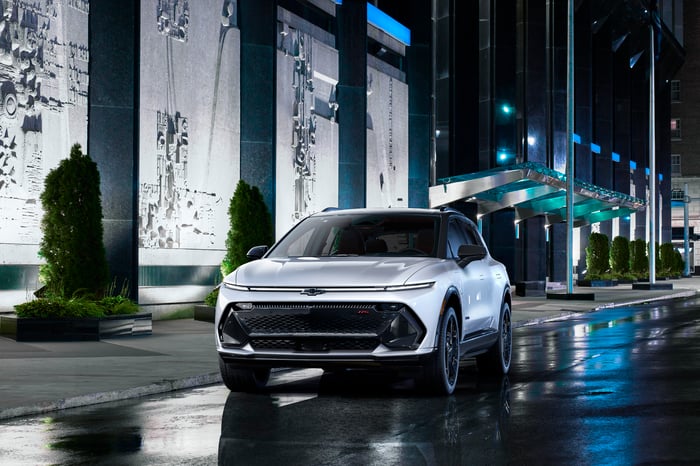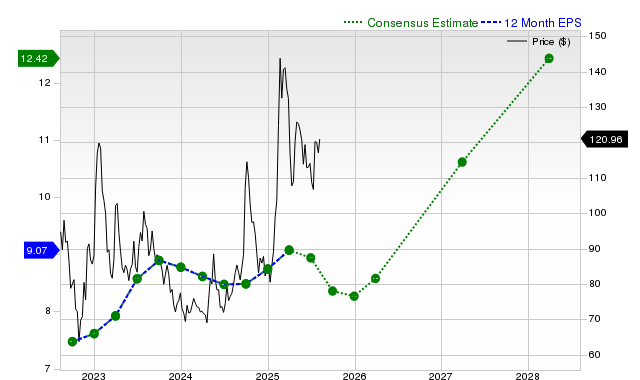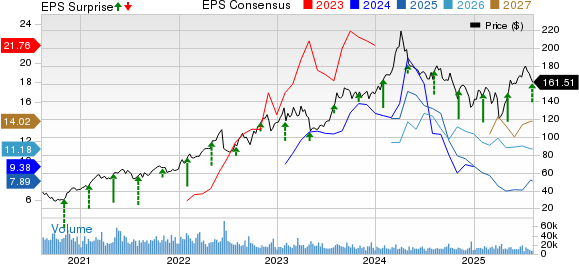“`html
Key Points
-
Rapid changes in tariffs and trade policy impacting the automotive sector.
-
Recent trade deal with Japan may lead to cheaper imports for Japanese automakers.
-
U.S. automakers face tariffs that could hinder their competitiveness.
President Trump announced a significant trade deal with Japan via social media, claiming it to be a “massive Deal,” which includes a 15% tariff on Japanese auto imports. This agreement poses challenges for U.S. automakers, specifically Ford and General Motors, as they face a 25% tariff on vehicles imported from Mexico and Canada. In contrast, the reduced tariff for Japanese imports may incentivize further disadvantage for U.S. production, especially given a raised 35% tariff for Canadian imports.
In 2022, U.S. automakers sold only 16,000 vehicles in Japan, capturing less than 1% of the market, while Japanese manufacturers sold about 5.3 million vehicles in the U.S. market. The Center for Automotive Research estimates Japan’s auto sector supports around 1.6 million jobs in the U.S. However, the 15% tariff on Japanese auto imports could complicate efforts for U.S. automakers, increasing their costs for essential components, thereby leading to potential shifts in production strategies amid ongoing trade negotiations.
“`







